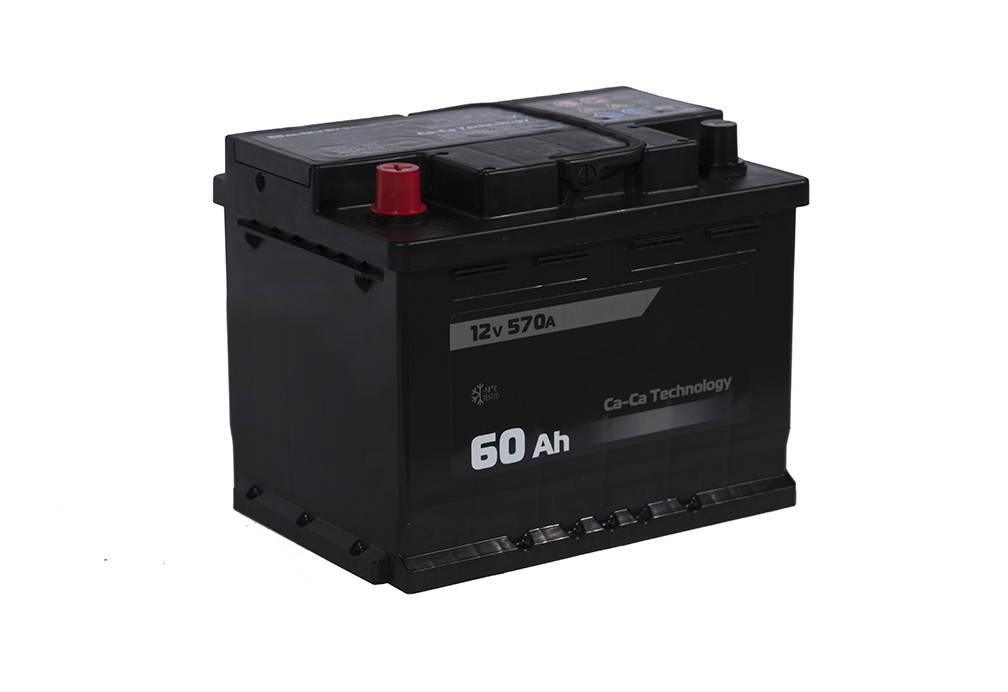What to do with vehicle batteries
Vehicle batteries include any type of lead-acid battery from cars, motorcycles, trucks, RVs, boats, ATVs, etc.
Any place that sells vehicular batteries is required by law to take them back from customers for recycling. They are usually accepted for free.

Avoid the spark
Before recycling non-working batteries, be sure to prepare them properly to avoid fire and injury. It’s best to recycle non-working batteries within 6 months of removal.
Tape the exposed terminals with duct, electrical or clear packing tape (do not use masking, painting, or gift-wrapping tape). If you use opaque tape, be sure to not cover up information on the battery chemistry. If you choose to use a bag, ensure the entire battery is enclosed using clear, plastic, zip-top bags.
DDR batteries have visible damage such as bulging, swelling, leaking or have been recalled by the manufacturer. They should never be collected or stored in containers with non-DDR batteries. Store them separately, fully surrounded by sand or kitty litter, and take them to your local household hazardous waste facility.
Store non-working batteries in a cool, dry place. Incidents can occur when batteries are exposed to inclement or excessively hot weather. Always store batteries in a plastic container; avoid metal.
Where should it go?
Find a recycle spot
Where can you recycle or safely dispose of vehicle batteries in the Kansas City area? Search our database.